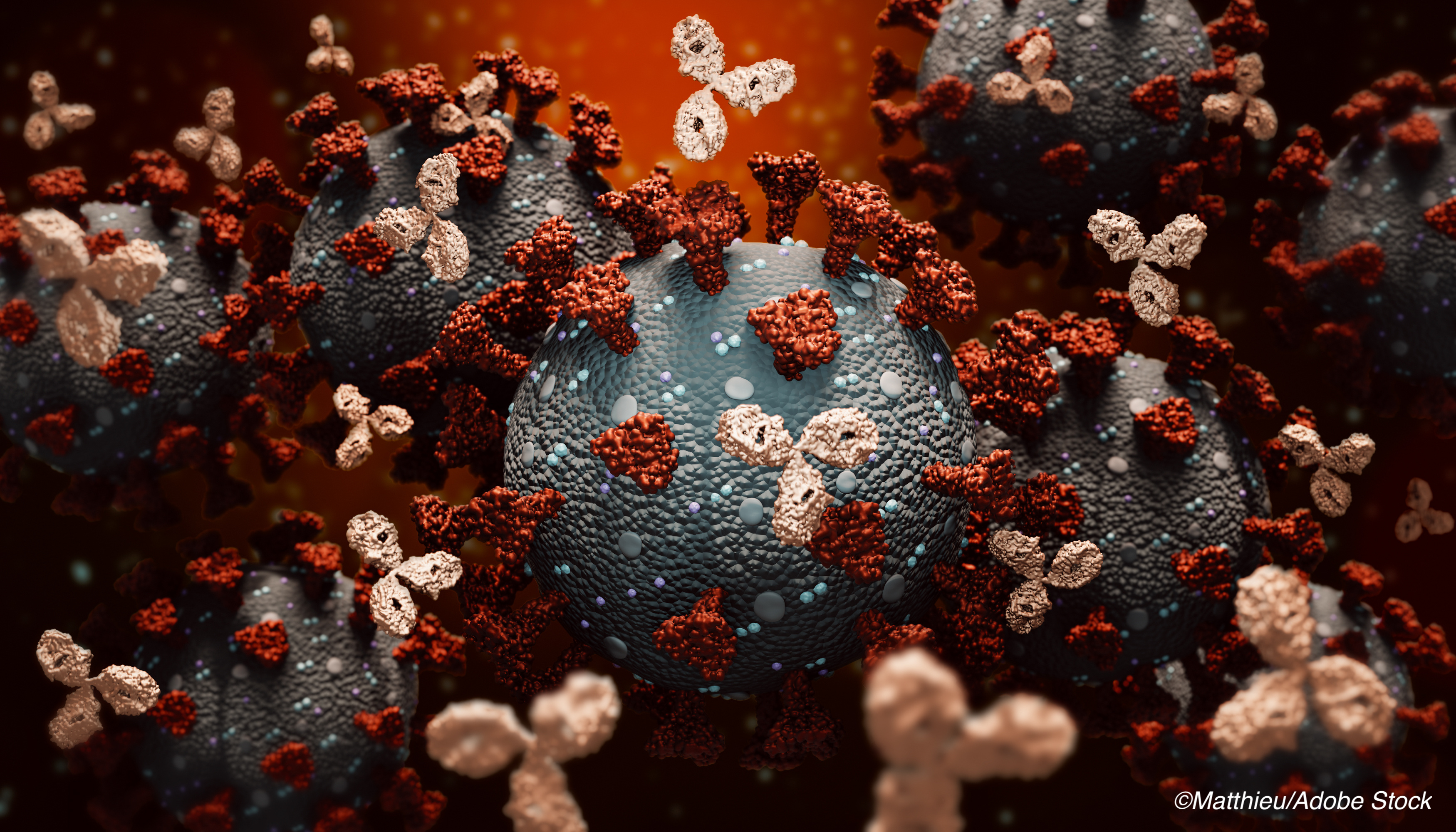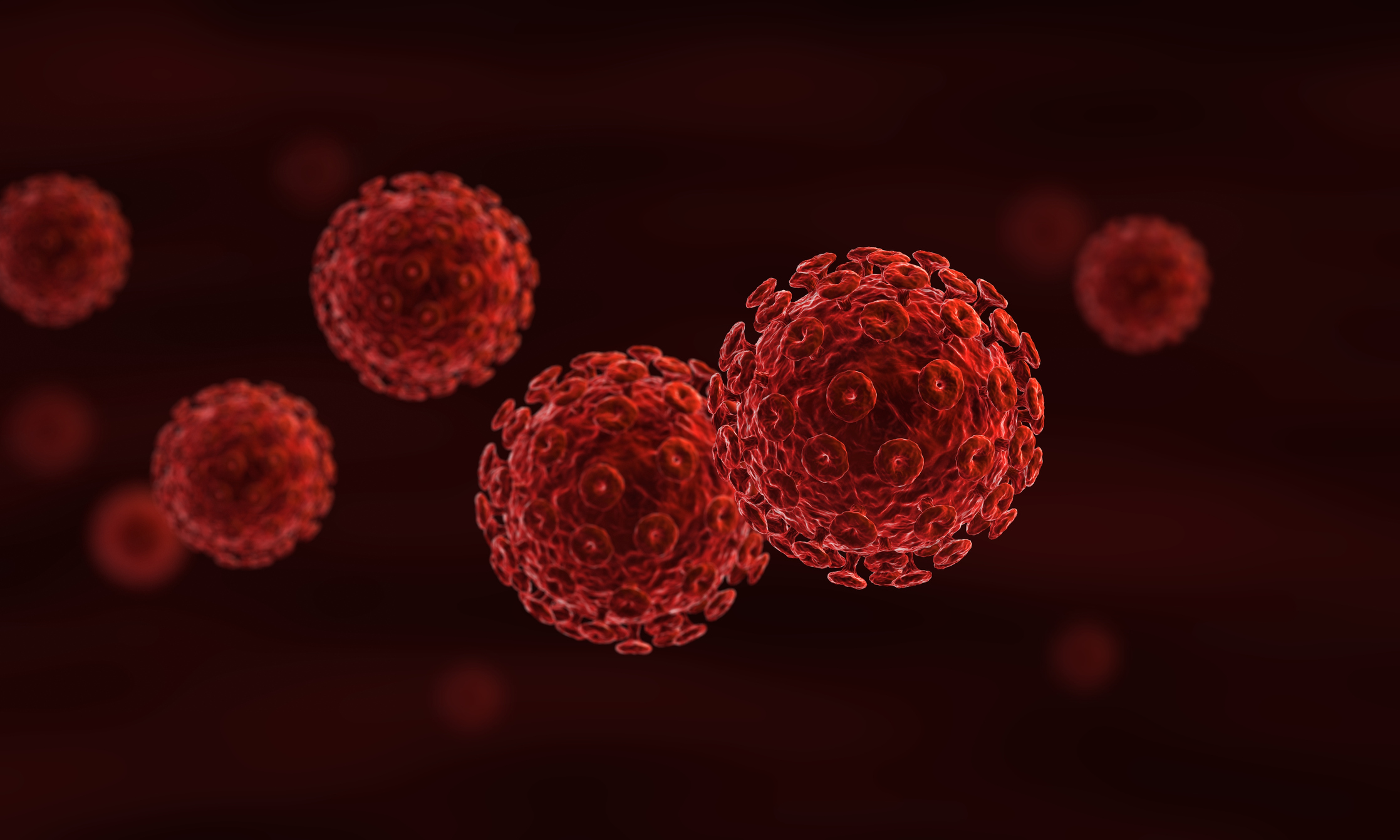
Solid organ transplant recipients with mild-to-moderate Covid-19 can be safely treated with monoclonal antibody therapy, a new study confirmed.
Researchers at the Mayo Clinic, Rochester, reported that monoclonal antibody treatment was associated with favorable outcomes with minimal side effects in the first solid organ transplant patients to receive the infusions for Covid-19 at their center.
None of the 73 patients died, required mechanical ventilation, or experienced organ rejection.
Eleven of the patients (15%) had emergency department visits within 28 days of monoclonal antibody infusion, including 9 who were hospitalized for a median of 4 days. Just one patient required ICU admission for a non-Covid-19 indication.
Writing in the journal Open Forum Infectious Diseases, researcher Raymund Razonable, MD, and Mayo Clinic colleagues characterized the safety data as “encouraging,” with most adverse events reported as mild.
“While we expected monoclonal antibody therapy would be beneficial for patients, we were pleasantly surprised by the results,” Razonable said in a press statement.
Raymund noted that the treatment is especially important in this population of patients on immunosuppressive drugs, because Covid-19 vaccines tend to be less effective.
In a recently published study involving 436 organ transplant recipients, researchers from Johns Hopkins University reported that just 17% showed evidence of antibody response 20 days after a first dose of an mRNA vaccine.
“It is important that these patients have early access to monoclonal antibody treatment. Our data show the outcomes for patients are better if they get infused earlier,” they added.
Two monoclonal antibody treatments—bamlanivimab and casirivimab-imdevimab—have been authorized for emergency use treatment of mild-to-moderate Covid-19 in patients at high-risk for developing severe disease or hospitalization.
The retrospective review included solid organ transplant recipients treated with bamlanivimab or casirivimab-imdevimab for Covid-19 at a Mayo Clinic, Rochester emergency department or hospital site through Jan. 23, 2021. Outcomes included subsequent ED visit, hospitalization, death or allograft rejection.
Three-out-of-four patients were treated with bamlanivimab (75.3%), the median patient age was 59 years, and 63% were male. The median patient Charlson comorbidity index was 5.
Forty-one patients were kidney recipients (56%), 13 were liver recipients (18%), 11 were heart recipients (15%). Four patients were kidney-pancreas recipients, two had lung transplants, one had a heart-liver transplant, and one was a pancreas recipient.
Among the main study findings:
- Most ED visits (8 of 11) occurred within 14 days after monoclonal antibody infusions, and the median time from symptom onset to ED visit was five days (IQR: 3.5-6.5) and median time from antibody administration to ED visit was two days (IQR: 1.5-2).
- The most common reason for an ED visit was respiratory symptoms (7 patients, 63.6%). Other presenting complaints or conditions included hypertension, chest pain, headache with fever, and fever alone.
- Most hospital admissions (7 of 9) occurred within 14 days of monoclonal antibody infusion. Nine patients were hospitalized within 28 days, and all were admitted after an ED evaluation.
- Hospitalization was attributed to Covid-19 in seven patients (77.8%). Two patients were admitted for acute pyelonephritis and septic arthritis, respectively.
- The median time from symptom onset to hospitalization was 11 days (IQR: 6-16) and median time from antibody infusion was one day (IQR: 0-9). Hospitalized patients had a median of six days (IQR: 4-7) from symptom onset to antibody administration, compared to four days (IQR: 2-6.25) in the non-hospitalized cohort.
One of the 11 heart transplant patient required ICU admission for dopamine infusion not related to Covid-19 progression.
“Patients tended to be normoxic or mildly hypoxic, with median admission oxygen saturation of 96% and highest recorded supplemental oxygen rate of 3 L/min,” the researchers wrote. “No patients required high-flow oxygen therapy, non-invasive positive pressure ventilation, or mechanical ventilation. No death was recorded during follow-up.”
The retrospective nature of the study was cited by the researchers as a key study limitation.
“While a randomized controlled trial is preferred to assess the efficacy in transplant patients, this is difficult to perform after emergency use authorization has been issued for these products,” they wrote. “Thus, the encouraging data that we report here may help guide and encourage the transplant community in recommending monoclonal antibody therapy for mild-to-moderate Covid-19 in the transplant population.”
-
Solid organ transplant recipients with mild-to-moderate Covid-19 can be safely treated with monoclonal antibody therapy, according to a retrospective analysis of cases from the Mayo Clinic, Rochester.
-
None of the 73 patients treated for Covid-19 with monoclonal antibodies died, required mechanical ventilation, or experienced organ rejection.
Salynn Boyles, Contributing Writer, BreakingMED™
This study was supported by research funding from the Mayo Clinic. The researchers reported no relevant conflicts related to this study.
Cat ID: 190
Topic ID: 79,190,633,730,933,190,926,192,927,151,928,925,934


